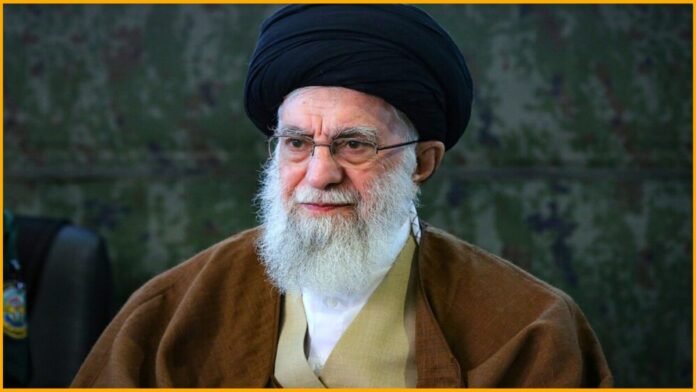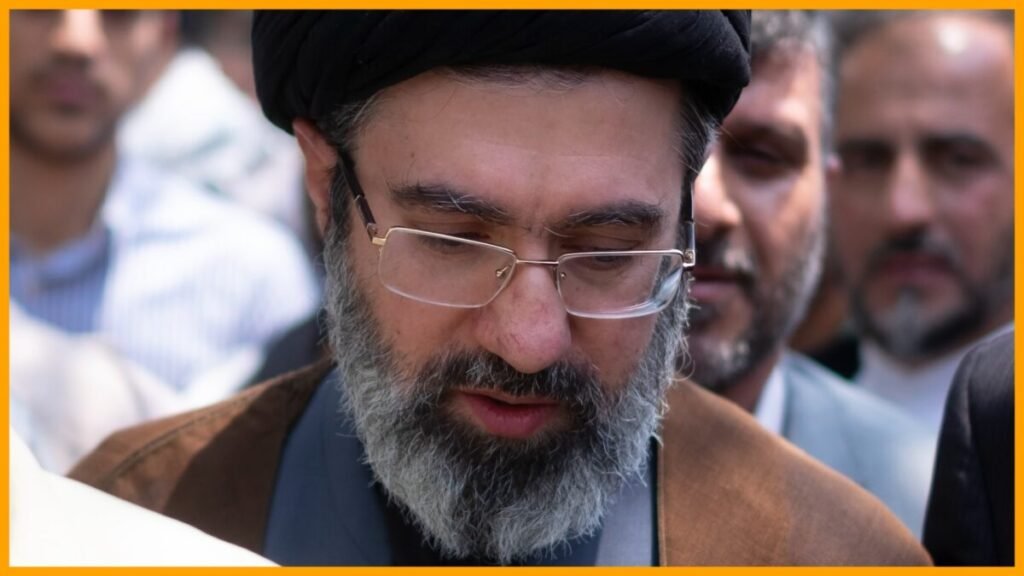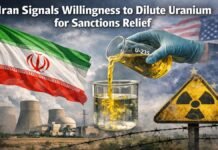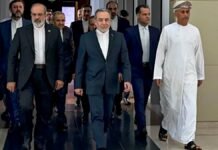
Tehran: In a clandestine move shrouded in secrecy, Iran’s Supreme Leader, Ayatollah Ali Khamenei, has reportedly designated his second son, Mojtaba Khamenei, as his successor. The decision, first revealed by ynetnews citing Iran International, has sparked debates over its undemocratic nature and potential consequences for Iran’s political landscape.
Succession Amid Illness: Khamenei’s Calculated Transition Plan
The 85-year-old Ayatollah Khamenei, said to be battling a severe illness, may transfer power to Mojtaba before his death to ensure a smooth transition. Sources suggest Khamenei is determined to establish Mojtaba’s leadership while still alive, mitigating the risk of opposition posthumously.
Assembly of Experts Pressured into Agreement
On September 26, Iran’s Assembly of Experts, a body responsible for appointing the Supreme Leader, convened in an extraordinary session under Khamenei’s directive. Reports claim that the 60-member assembly was coerced into unanimous approval of Mojtaba’s selection, despite reservations regarding the process. Members allegedly faced threats to maintain absolute confidentiality, with warnings of severe consequences for any leaks.
Fears of Public Backlash Drive Secrecy
The Iranian leadership’s insistence on secrecy stems from fears of widespread public dissent. Critics argue the process lacked transparency and legitimacy, as Mojtaba has no formal government experience and has not held any public office. His perceived lack of qualifications and the hereditary nature of his appointment have fueled concerns about the erosion of democratic principles within the regime.
A Two-Year Grooming Process
Over the past two years, Mojtaba has been quietly prepared for leadership, gradually assuming a more prominent role in key decisions. This strategic positioning has made his appointment appear inevitable, despite internal and public opposition.

Khamenei’s Legacy Strategy: A Preemptive Move
Observers suggest Khamenei’s decision to abdicate during his lifetime is a calculated move to solidify Mojtaba’s authority. By ensuring a controlled transition, the Supreme Leader seeks to preempt resistance from both political factions and the public, which might otherwise escalate after his death.
Implications for Iran’s Future
This controversial decision highlights the growing consolidation of power within the Khamenei family and raises questions about the future trajectory of Iran’s governance. As the nation braces for potential unrest, the secrecy surrounding Mojtaba’s selection underscores the regime’s precarious balancing act between control and legitimacy.
The development comes at a critical juncture for Iran, as domestic and international pressures continue to shape the nation’s political dynamics.




















































